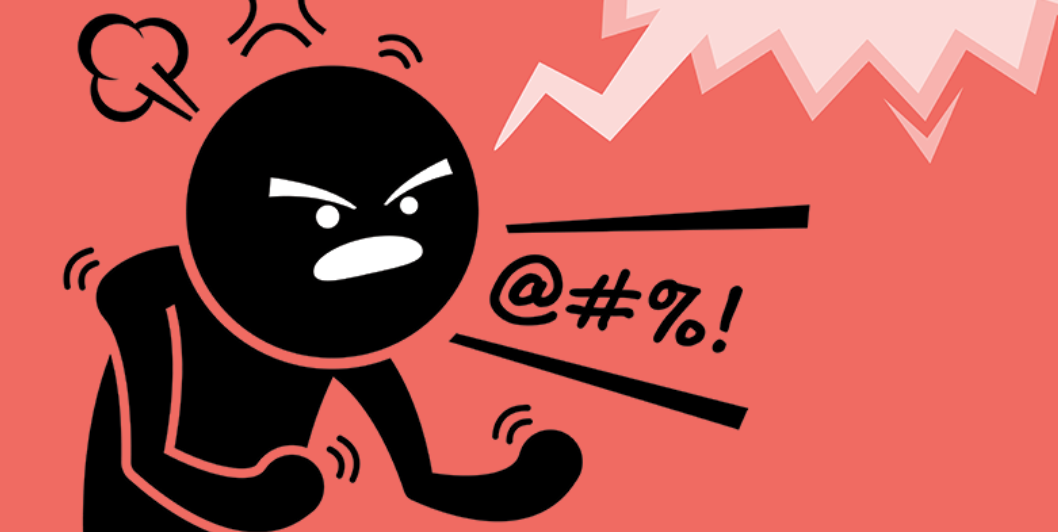‘As I look at the amount of individual, relationship and world violence around me, I feel a great sense of urgency. Anger is a part of nature that can’t be denied but needs to be worked with. Too many people suffer from their own anger, others’ anger, and from an angry world. In his book, ‘Angry Men, Angry Women, Angry World: Moving From Destructiveness to Creativity’ (2004), Dr Gary Reiss shares how the anger of individual men and women, as couples, families and in groups rather than being destructive can be harnessed to create a healthier world. ‘Anger is energy. It is power. Like the power of the atom or the power of knowledge, it can be used for creative or destructive purposes. Anger is part of nature, and we cannot wish it away. Instead, we can learn how to use this energy to create healthy bodies, healthy relationships, and a healthy world’. (p8) However, many people I know and many that I work with fear anger - their own anger and other peoples anger. Those most fearful of their own anger tend to describe themselves as “having no anger”, “I never feel angry”, “there was never any anger in my family”. Often these people are so numb that they feel nothing very much. They often come into therapy with the label ‘depression’. For these people it is vital for them to get in touch with the depths of their anger and their hurt. Others are terrified of their anger, they feel it and spend much of their time pushing it down. These people often coming to therapy with the label ‘anxiety'. It is vital for them to learn to harness the energy of anger and express it with awareness. These are just two very common ways in which people talk about their relationship with anger in therapy. These are ways of being with anger that are more societally acceptable. ‘Anger is neither sin nor pathology, but a powerful human emotion that can fall anywhere on the spectrum from highly creative to highly destructive, from totally ethical to completely unethical. It can be a sign of pathology or health, a sign of lack of spiritual development or enlightenment. The key to using anger well is awareness, including the awareness we bring to our anger and how we bring anger into relationships and into the larger world beyond ourselves’. (p10-11) So many of our experiences with anger have been destructive that, as a society, we tend to marginalise and demonise it. When we repress anger over long periods of time it can lead to self-abuse: a condemning and oppressive internal critic impacts our confidence and self-esteem, depression, psychosomatic symptoms. When we continually express anger without awareness we often hurt others emotionally, physically, and spiritually. And we lose intimate connection in our relationships - often the underlying cause of our personal history with anger - leading to more hurt and more anger. ‘It is interesting to note that couples usually come to the therapist either when there is extreme anger in the relationship or when there are no feelings present, and sometimes these two issues are related’ (p68) Working with anger requires an understanding of rank and power. Becoming aware of our roles as both the oppressed and the oppressor. ‘Anger responses from being in power and being oppressed are very different, and mastering anger in both situations is crucial. Gary Reiss's book is a very accessible exploration of anger from the perspective of Process Oriented Psychology and is suitable for both therapists and non-therapists. It looks at anger from all perspectives - male anger, female anger, couple anger, family anger, world anger. It addresses the destructiveness of anger when we ignore it and the potential it holds for creative transformation. Dr Gary Reiss will be at the big room cic in Macclesfield, Cheshire, UK facilitating a 3 day workshop (26 -28 March 2020) on Process Oriented Family Therapy and Community Based Healing. If you would like more information about this workshop see our website: www.thebigroom.org or contact [email protected]
0 Comments
|
AuthorPosts are sourced, written and curated by members of the big room cic Archives
October 2023
Categories
All
|
|
the big room cic | reg 12009089 | reg in england & wales | registered office: wood street mill, 45 pickford street, macclesfield, cheshire, sk11 6hb
|
designed by the big room cic © copyright 2019. all rights reserved.
|


 RSS Feed
RSS Feed